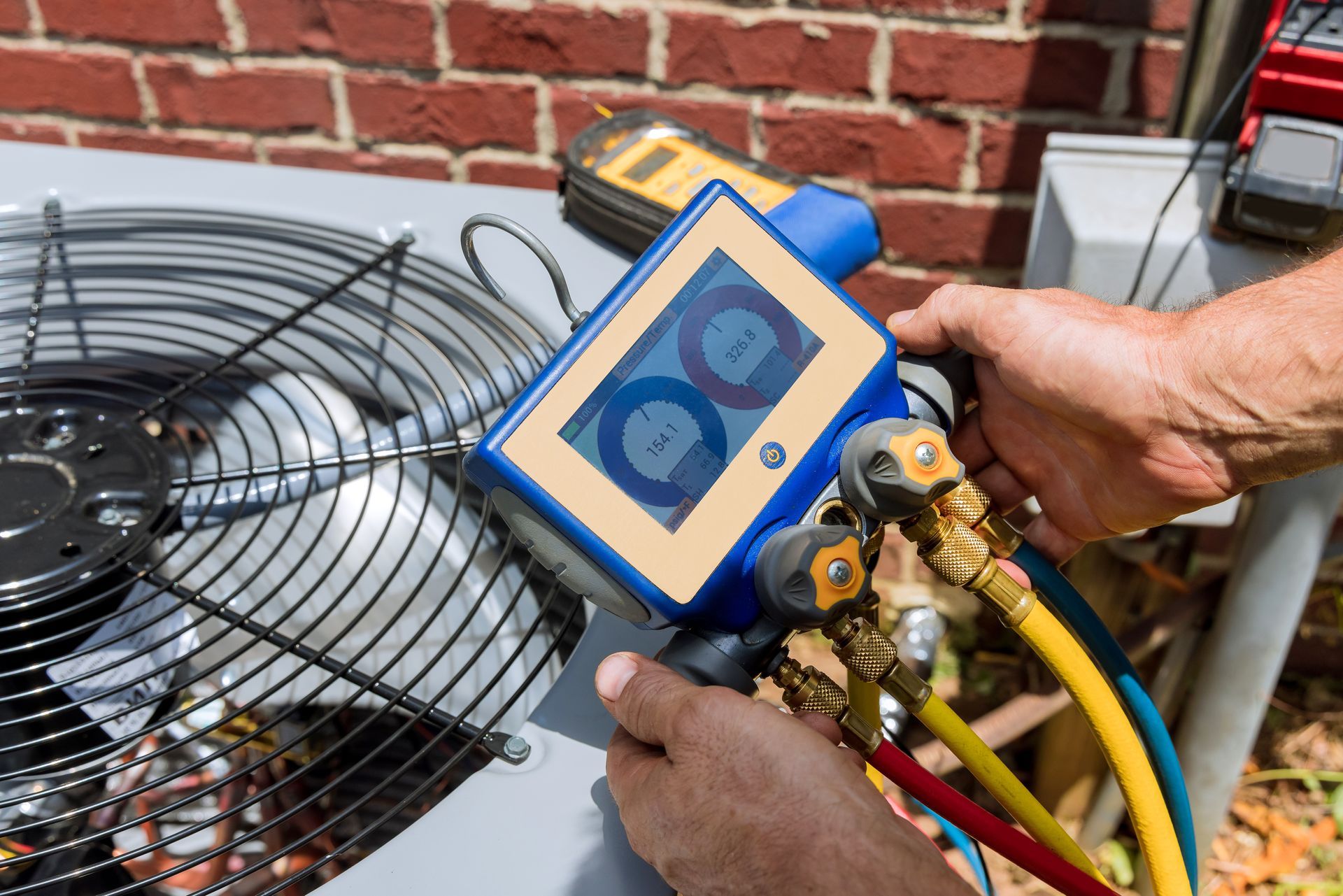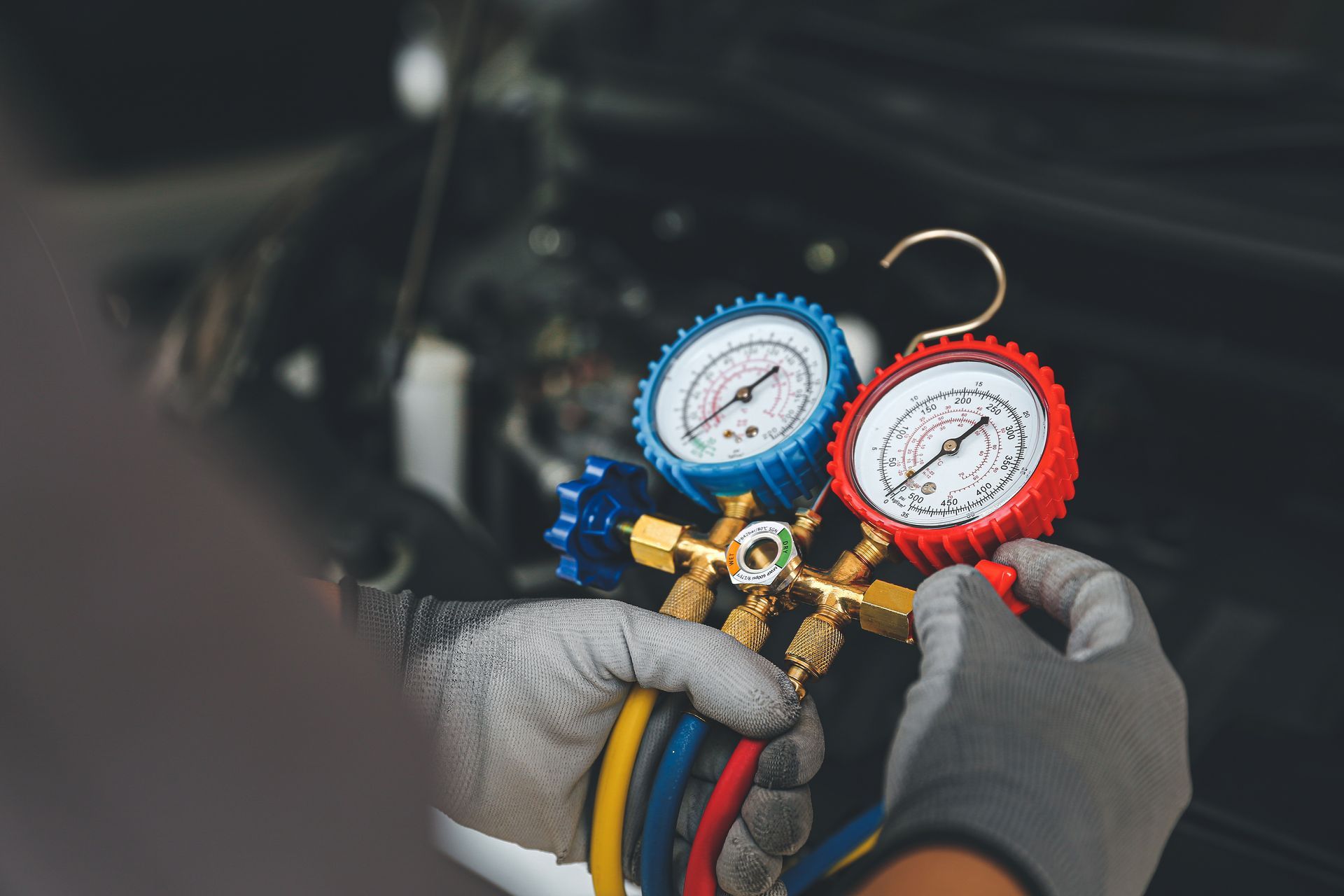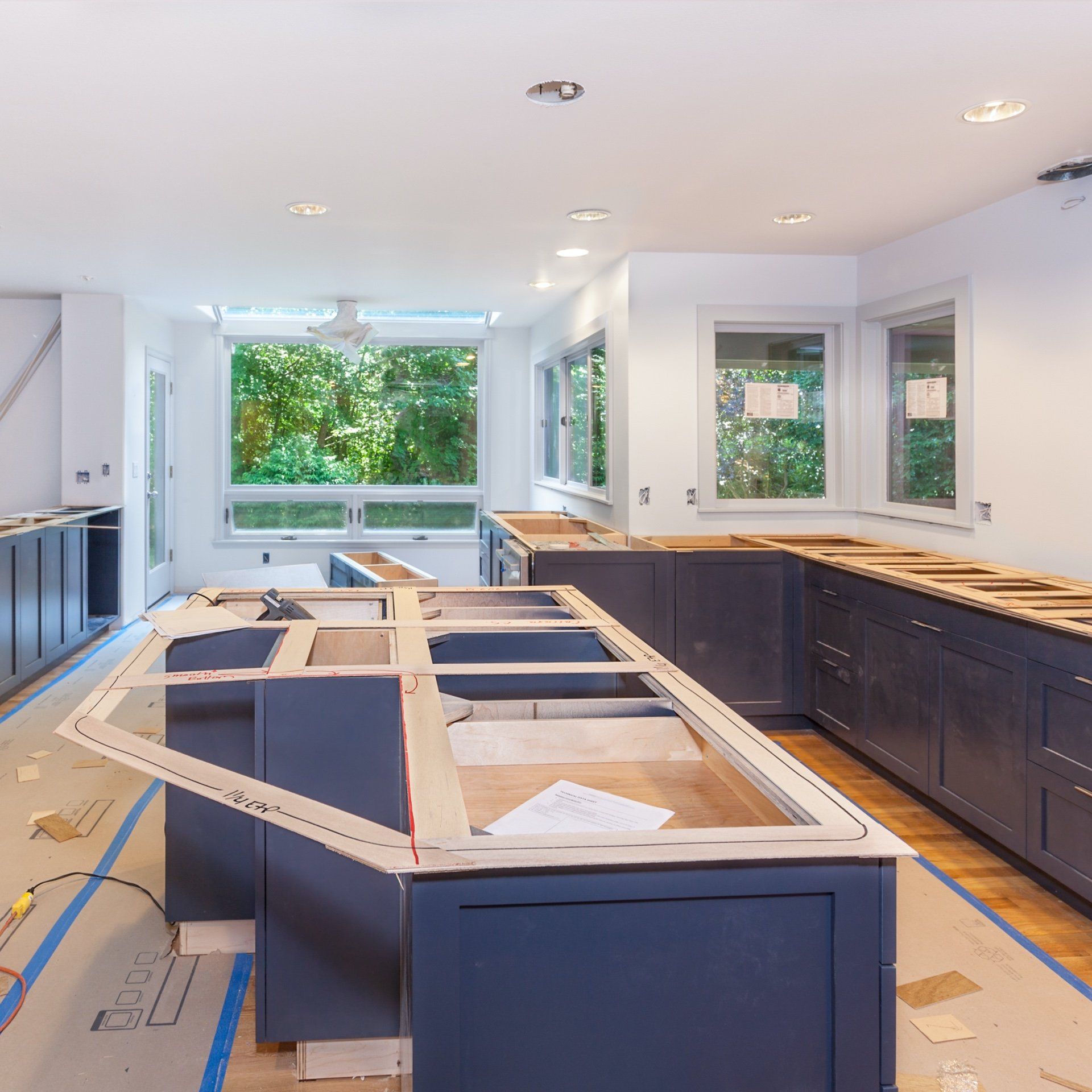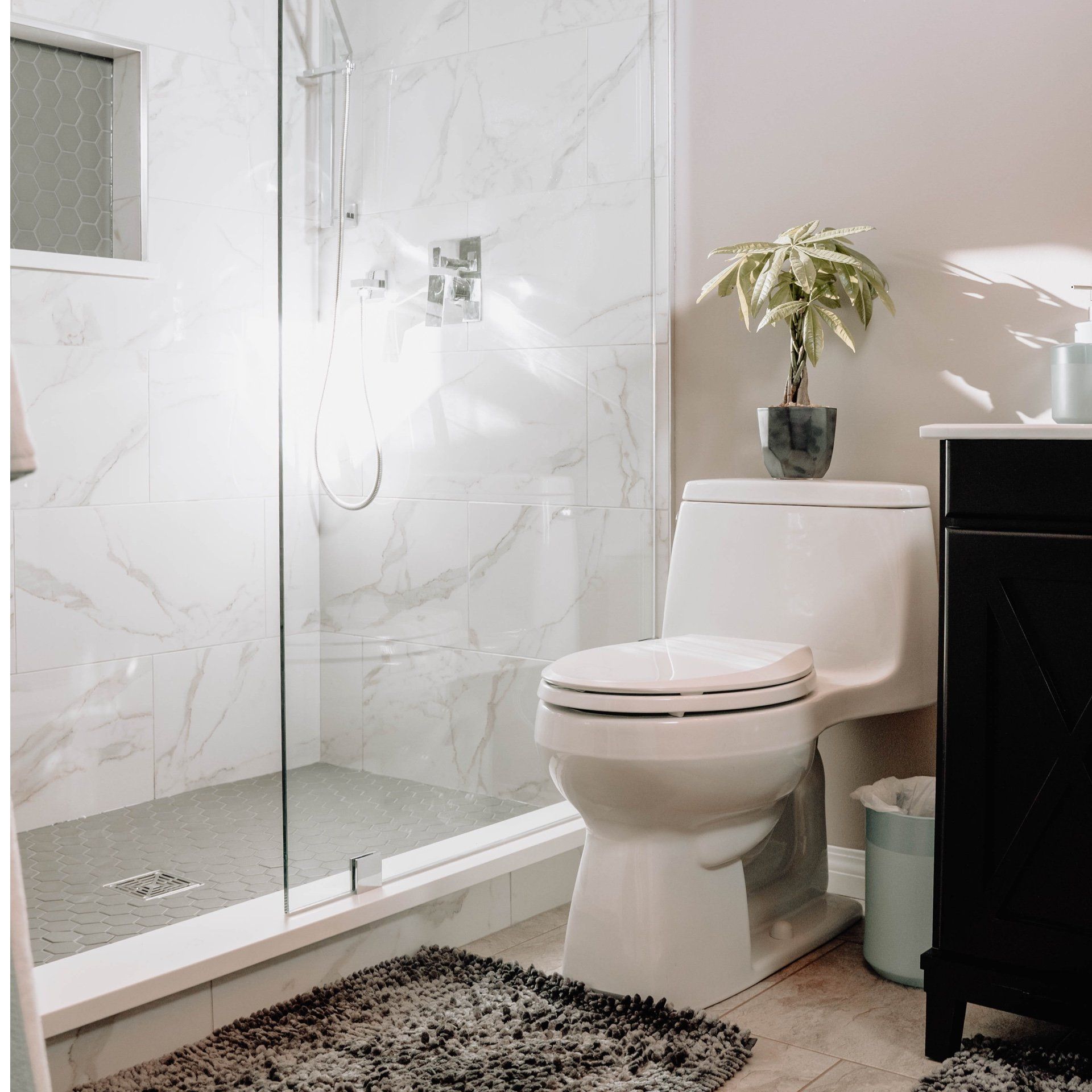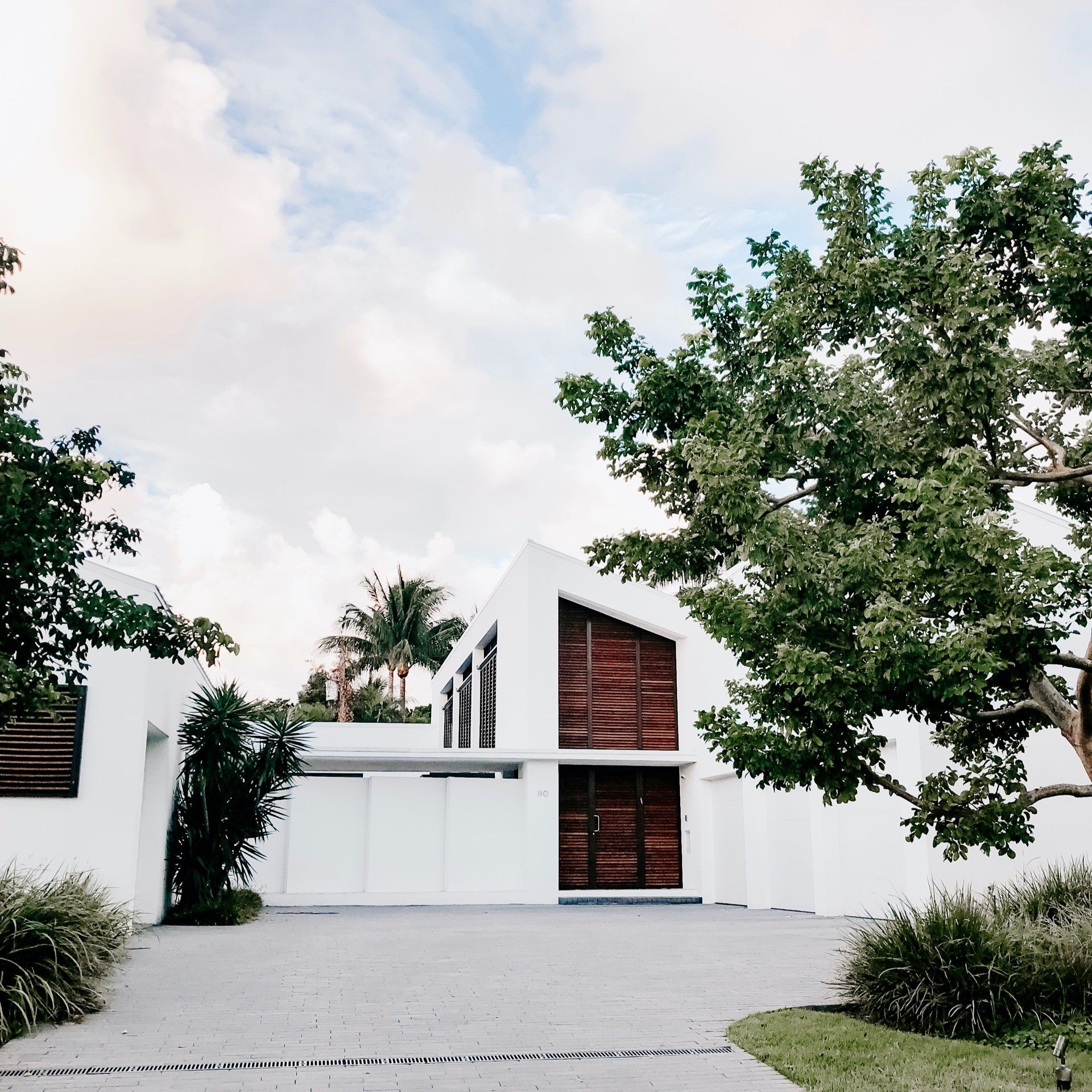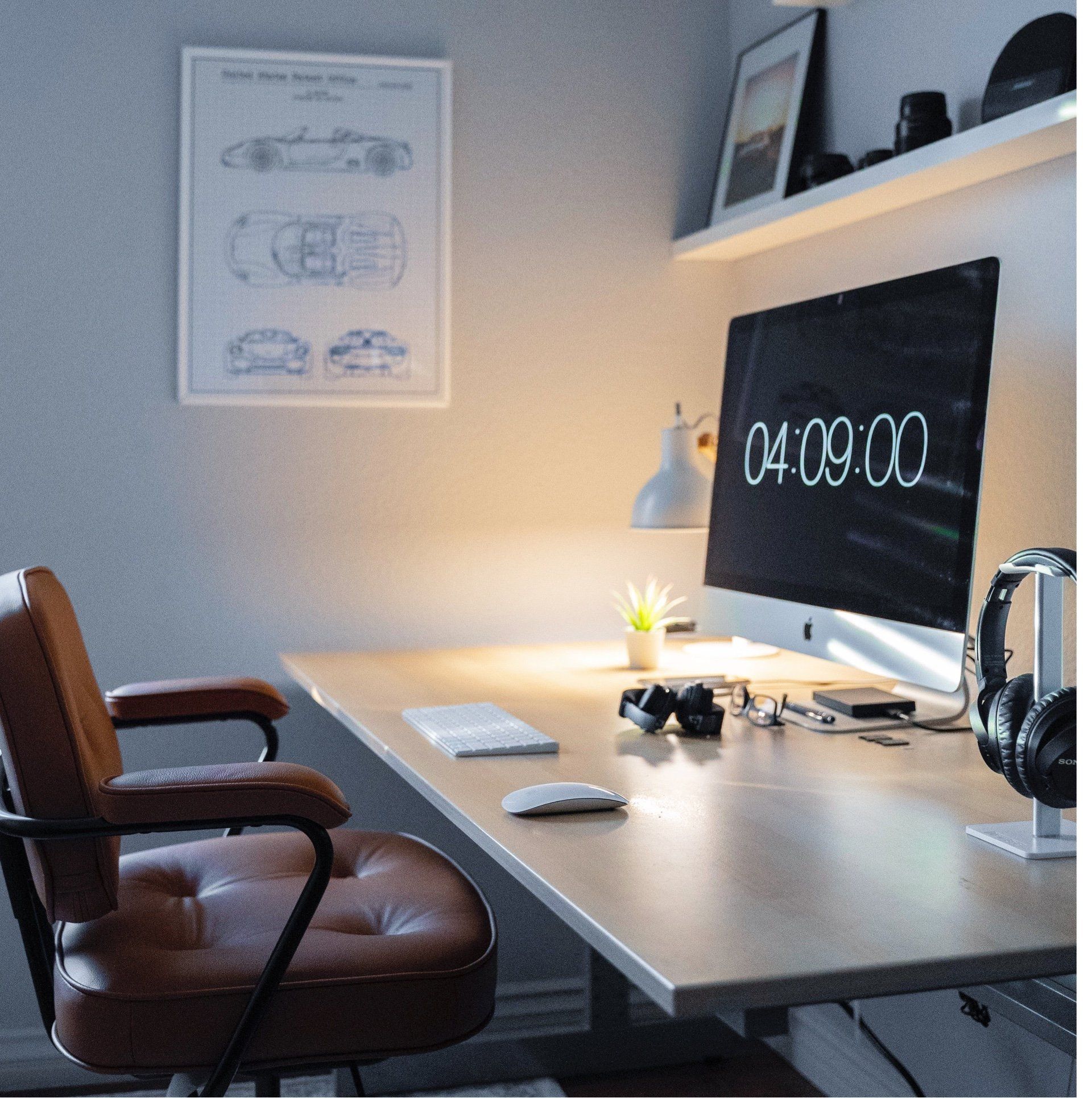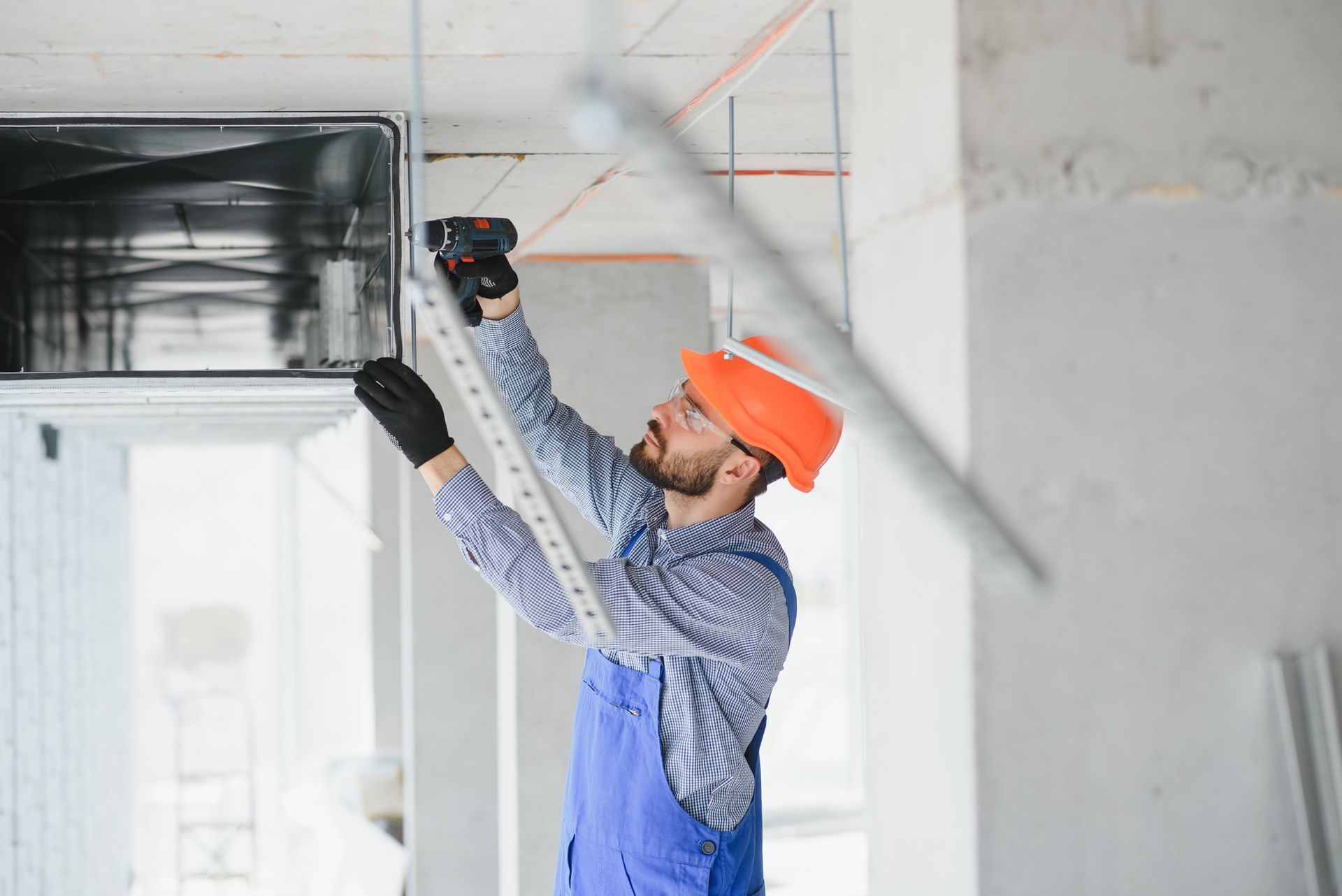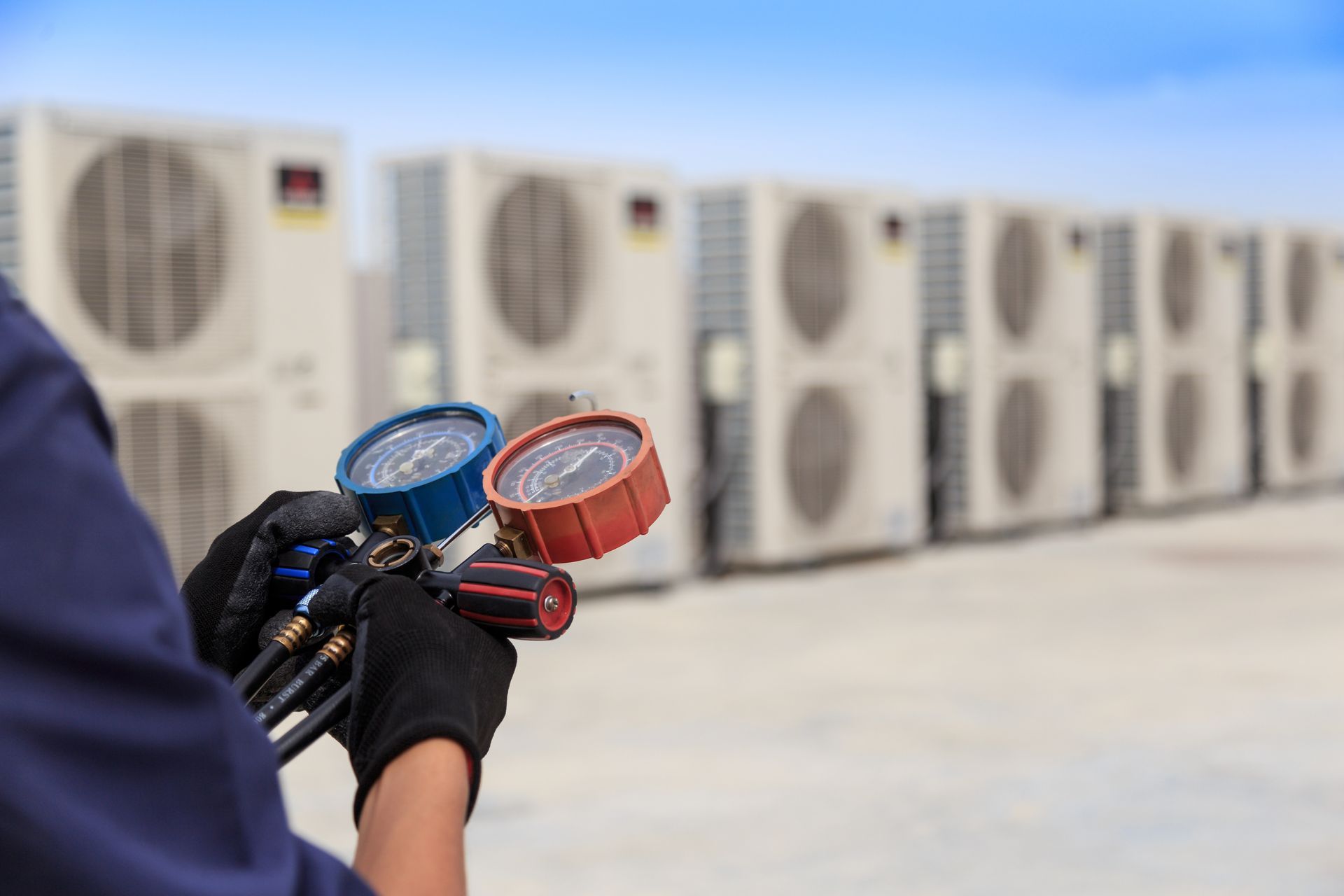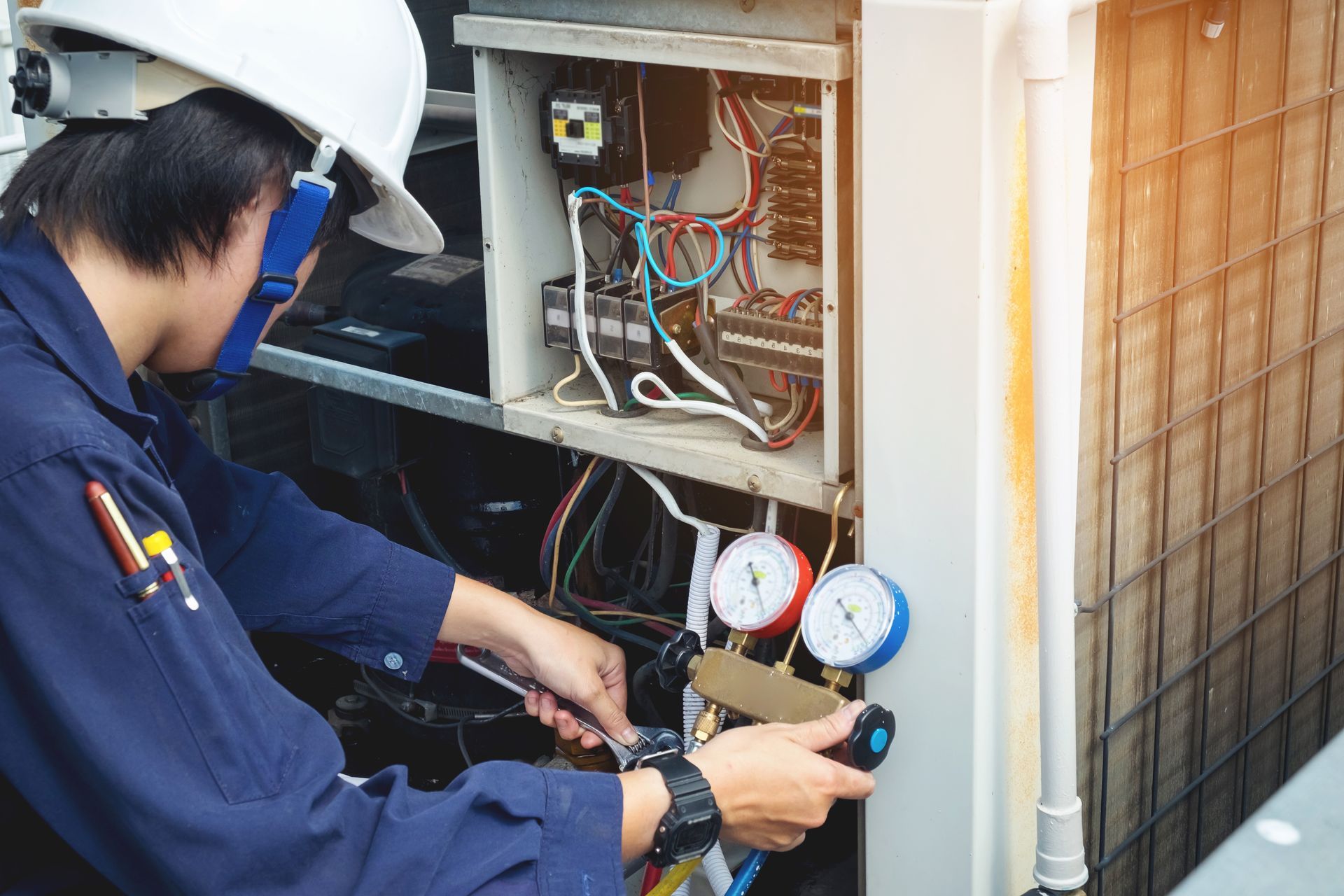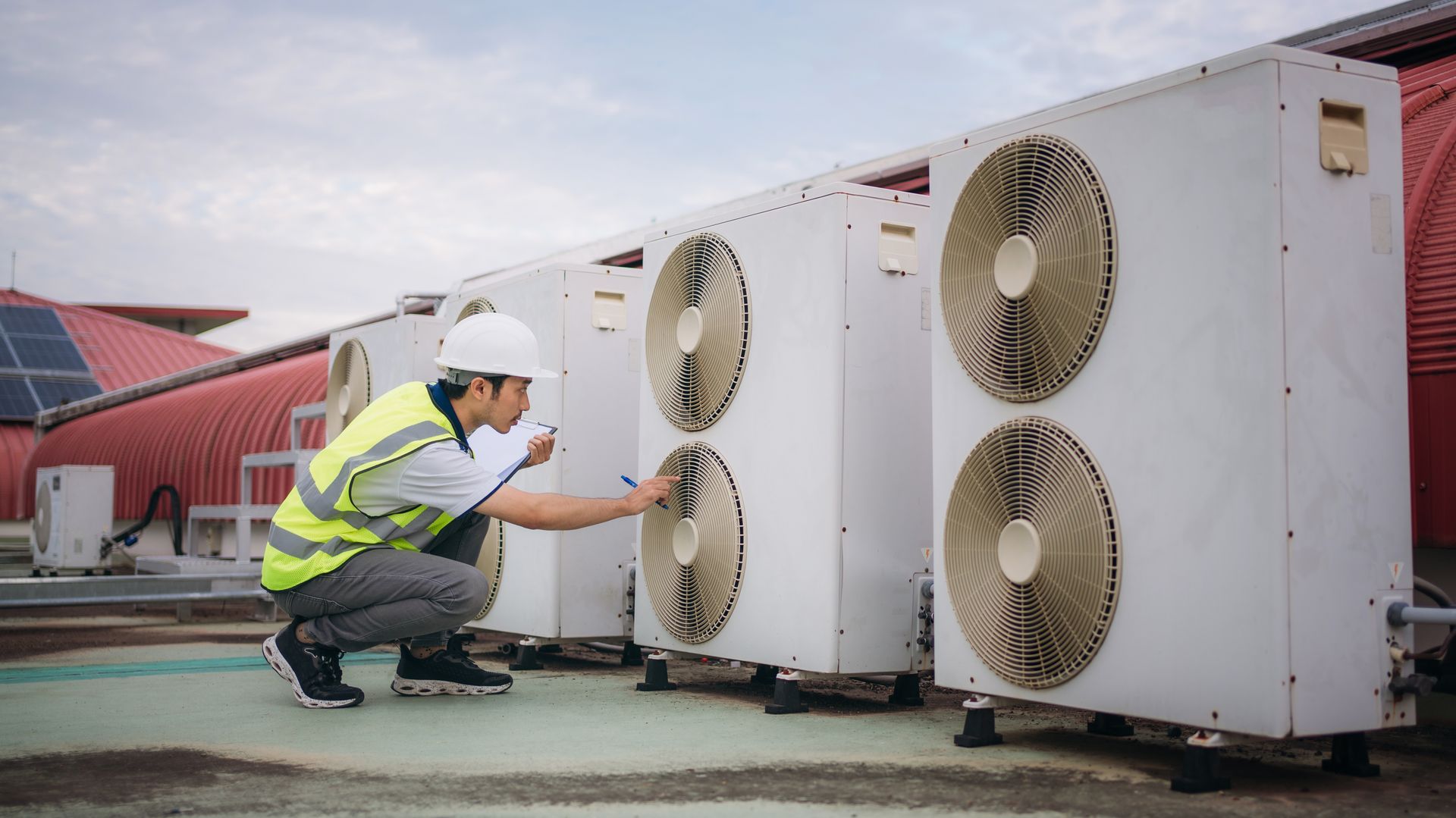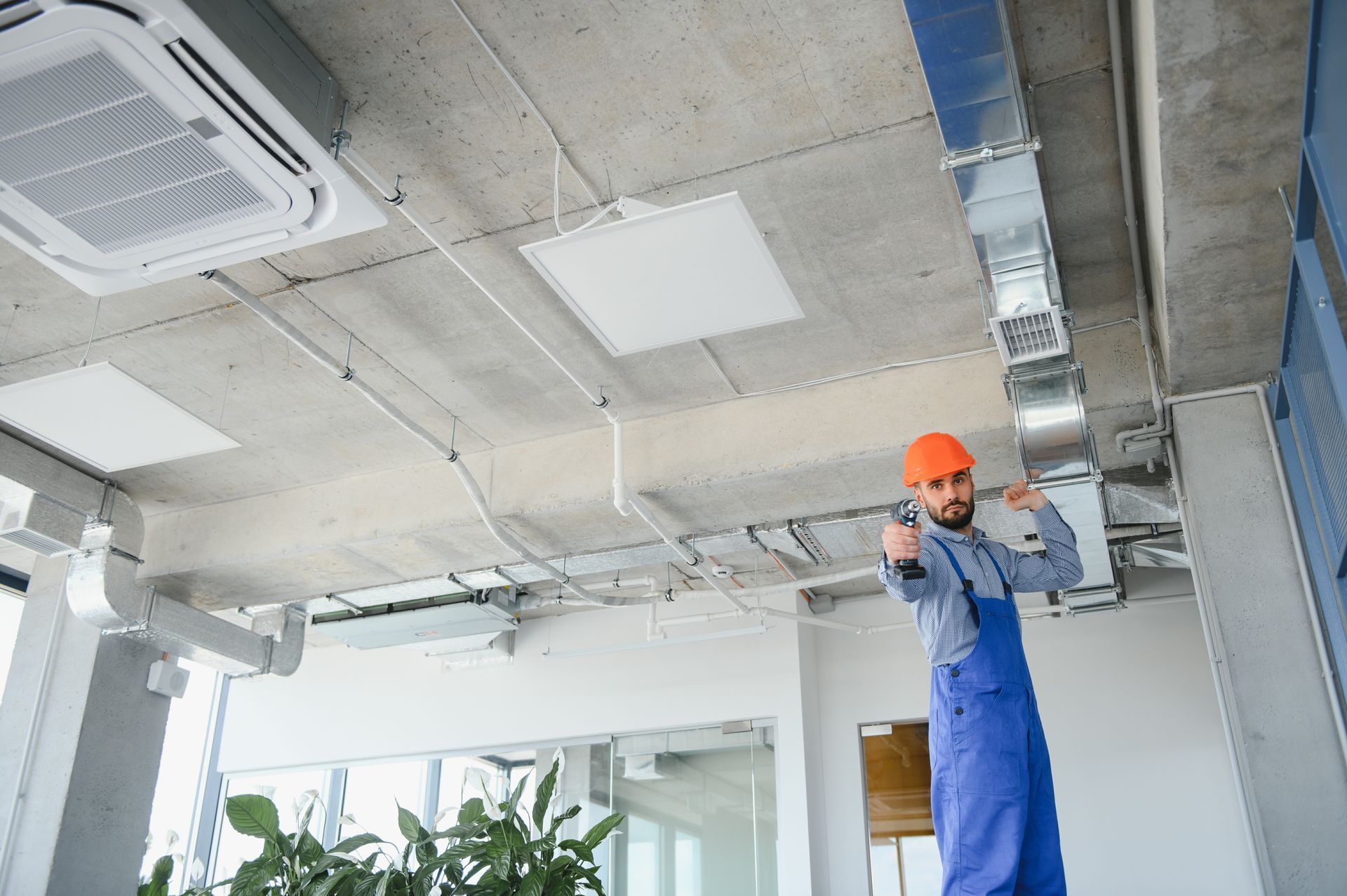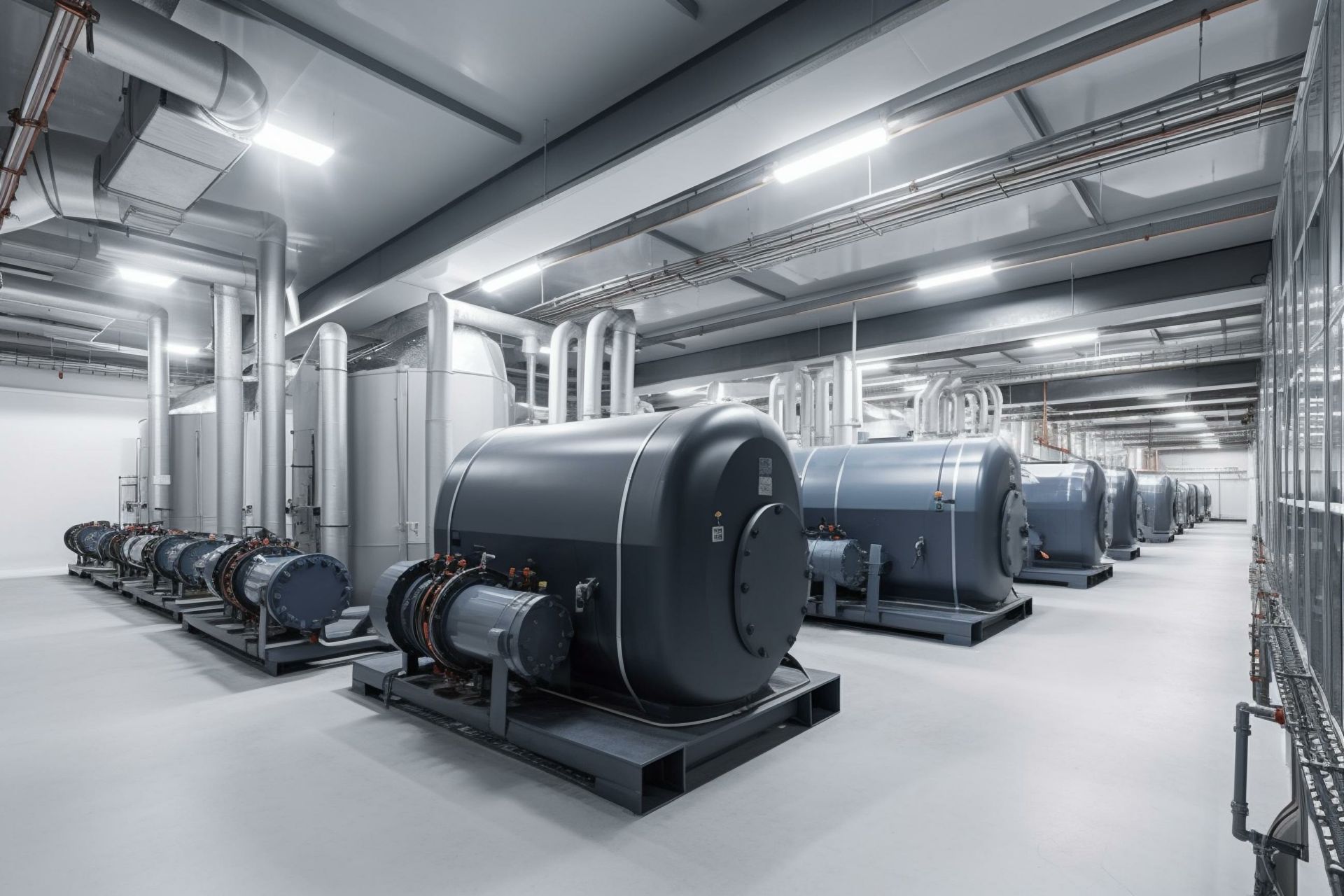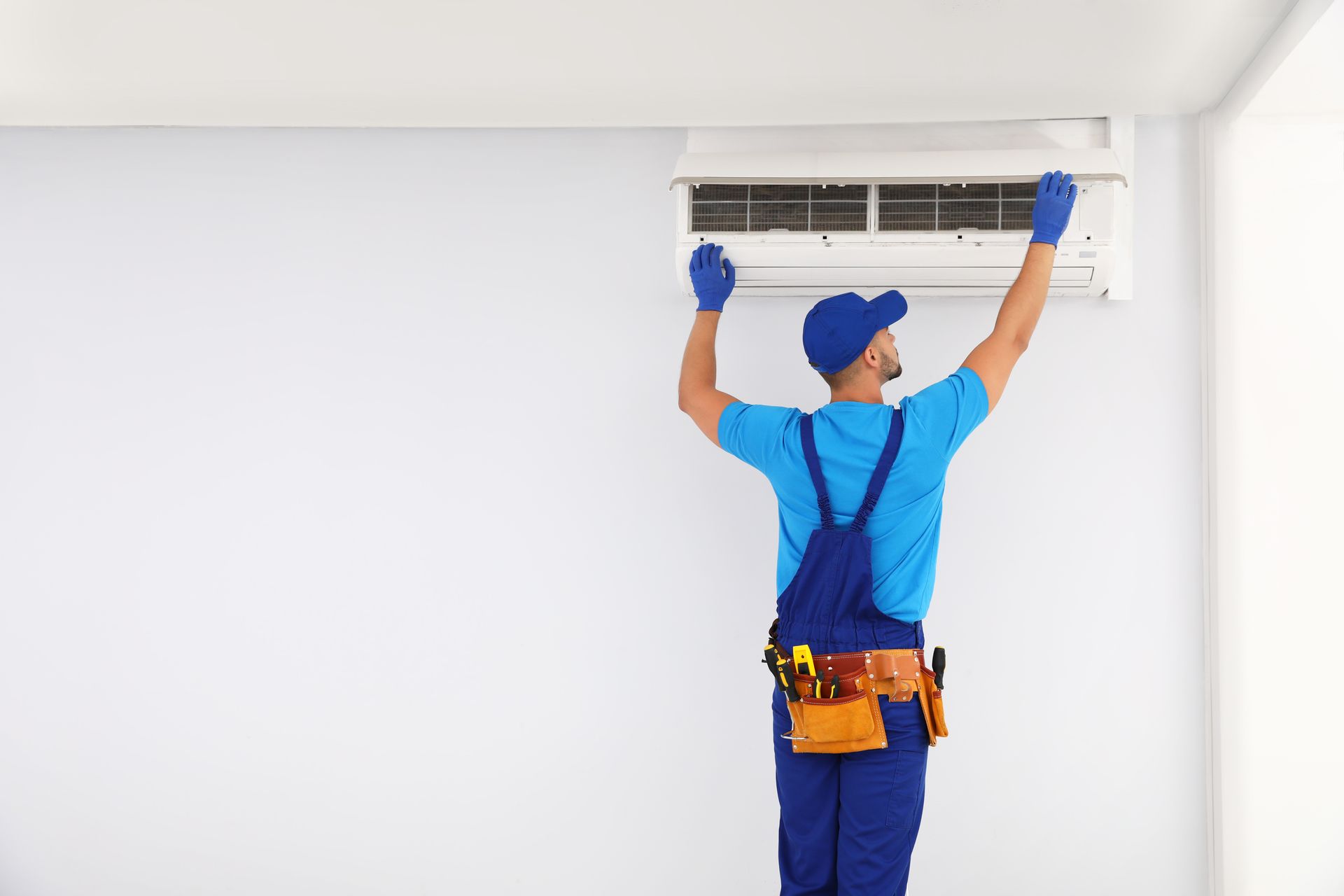Energy Efficiency and Sustainability: The Role of Commercial HVAC Systems in Green Buildings

Today, green building practices are not just a trend, but a critical component of modern construction and infrastructure. Green buildings are designed with sustainability and environmental impact in mind, focusing on efficient energy use, water conservation, and indoor environmental quality. A crucial aspect of achieving these goals is an efficient commercial Heating, Ventilation, and Air Conditioning (HVAC) system.
The Role of HVAC Systems in Energy Efficiency
HVAC systems can account for a significant portion of a building's total energy consumption. Hence, utilizing an energy-efficient HVAC system is key to reducing energy use and promoting sustainability. Advanced HVAC technologies now include features such as energy recovery ventilators, high-efficiency filters, and demand-controlled ventilation. These systems are designed to provide optimal comfort while minimizing energy usage.
Moreover, smart controls in HVAC systems can further enhance energy efficiency. These controls enable automated adjustments based on real-time conditions like occupancy, time of day, and outdoor weather, ensuring optimal performance while conserving energy.
Sustainability Through HVAC Systems
Sustainability in HVAC systems goes beyond just energy efficiency. It includes factors such as the system's lifecycle impact, use of renewable energy sources, and potential for recycling or disposal. For instance, modern HVAC systems can be powered using solar or geothermal energy, dramatically reducing the carbon footprint of the building.
Furthermore, utilizing HVAC equipment made from recyclable materials or designed for end-of-life recycling can significantly reduce waste. Similarly, using refrigerants with low Global Warming Potential (GWP) reduces the environmental impact of the system.
The Benefits of Hiring a HVAC Professional
Working with a professional HVAC company brings several benefits. HVAC professionals have the technical expertise and knowledge to evaluate your building and recommend the most energy-efficient and sustainable HVAC solutions. They can guide you in selecting systems that offer the best balance of initial cost, operating cost, and environmental impact.
Moreover, professional HVAC companies stay abreast of the latest technological developments and regulatory changes. They can help ensure your system remains compliant with local regulations and industry standards for green buildings.
The Dangers of DIY
While handling certain tasks on your own may seem appealing, it's essential to recognize the potential dangers. HVAC systems are complex and require specialized knowledge for installation, maintenance, and repairs. Missteps in installation or maintenance could lead to decreased system efficiency, higher operating costs, and potential safety hazards.
Additionally, navigating the array of energy-efficient and sustainable HVAC options can be overwhelming without expert guidance. There is a risk of selecting a system that does not meet the unique needs of your building, leading to suboptimal performance and potential financial losses in the long run.
In Conclusion
Embracing energy efficiency and sustainability is more important than ever, and your HVAC system plays a pivotal role in this endeavor. By utilizing energy-efficient technologies and sustainable practices, you can significantly reduce your building's environmental impact and contribute to a greener future.
If you're looking to upgrade your commercial HVAC system, or if you have questions about how to make your building more energy-efficient and sustainable, our team of professionals is here to help. Please visit the "Contact" page of our website to get in touch. We're committed to providing HVAC solutions that help you achieve your green building goals.
